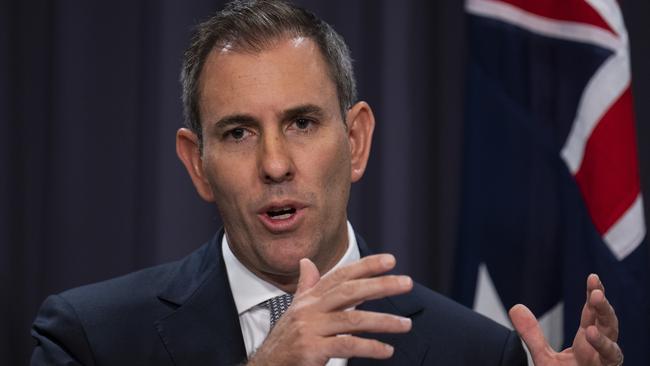
For the first time in 15 years, the budget will be back in surplus. How much of this can be credited to the Treasurer’s magical abilities will be bitterly contested.
The Coalition will rightly claim the Morrison government’s post-pandemic legacy of full employment has helped deliver it, aided no less by an upward revision of the conservative commodity price forecasts that former Coalition finance minister Mathias Cormann wrote into the budget narrative a decade ago.
But it won’t last long. The budget goes back into deficit next year, as the structural pressures remain unresolved.
This is a significant political moment for Labor. The last time it delivered a surplus was in 1989. The last treasurers to have achieved this were Peter Costello and Paul Keating.
Chalmers will be happy to have the argument.
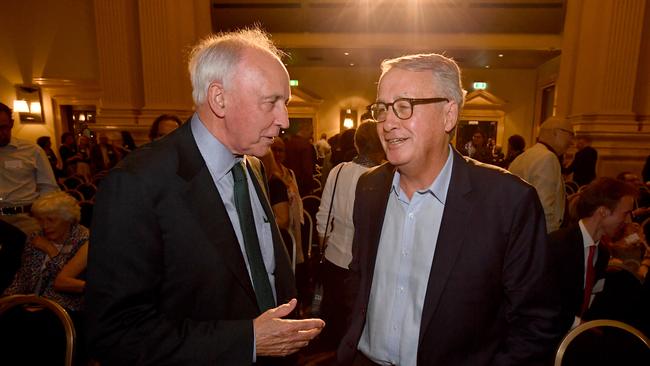
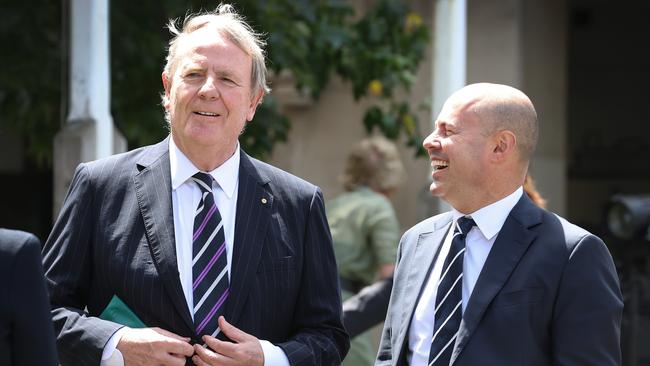
For Anthony Albanese, returning the budget to balance will right the wrongs of the party’s past record of government and confirm the electoral proposition that under his leadership, Labor is a safe economic bet.
Beyond the rhetorical debate is a quiet reshaping of the social and economic equation.
Chalmers’ first full budget is a bitter clash between retail politics and economic reality.
Inflation is hovering over this budget like a missile-armed drone. It has forced Chalmers and the Prime Minister into making a political choice.
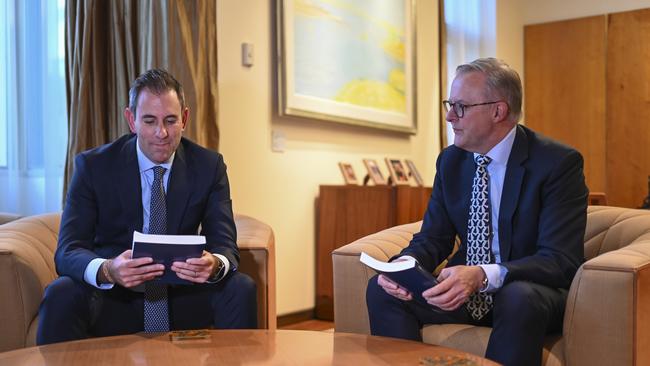
In delivering a massive cost-of-living relief package for Labor’s core constituencies, it risks throwing borrowers – essentially those several million Australians with a home loan – to the wolves of the central bank board.
Chalmers’ claims that his cost-of-living relief package will have a downward pressure in inflation is heavily contested by some economists.
Much of what is known about the budget so far is inherently inflationary.
The energy supplement may reduce prices on energy, by delivering the relief at the bill point, but the indirect effect will be to increase disposable income. Hence it will pump more money into the economy by the simple fact that it puts more money into five million peoples’ pockets.
Raising JobSeeker payments is inherently inflationary. While it might be justified and necessary according to some – albeit not the opposition - the consequences in an inflationary environment can’t be ignored.
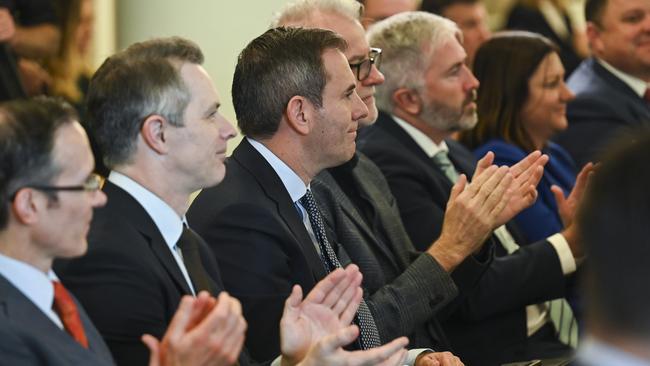
Again, it pumps more money into the economy.
The question then is how much of all this spending, which includes $11bn into aged-care wages, is offset by real budget savings.
And how much is being funded by revenue gains that have been largely inherited.
This is the essential equation of Chalmers’ budget. Mortgage holders may end up paying, the RBA may be held to be the villain, and Labor delivers a first downpayment of equity for “its people”.
As economist Chris Richardson argues, what families may want out of the budget may not necessarily be good for families in the long run, if it adds to the inflationary problem.
Albanese’s claim, which he made to his caucus on Monday, was that inflation was a “tax on the poor”. This was the guiding principle of the Chalmers budget.
The reality is that inflation is a tax on everyone.


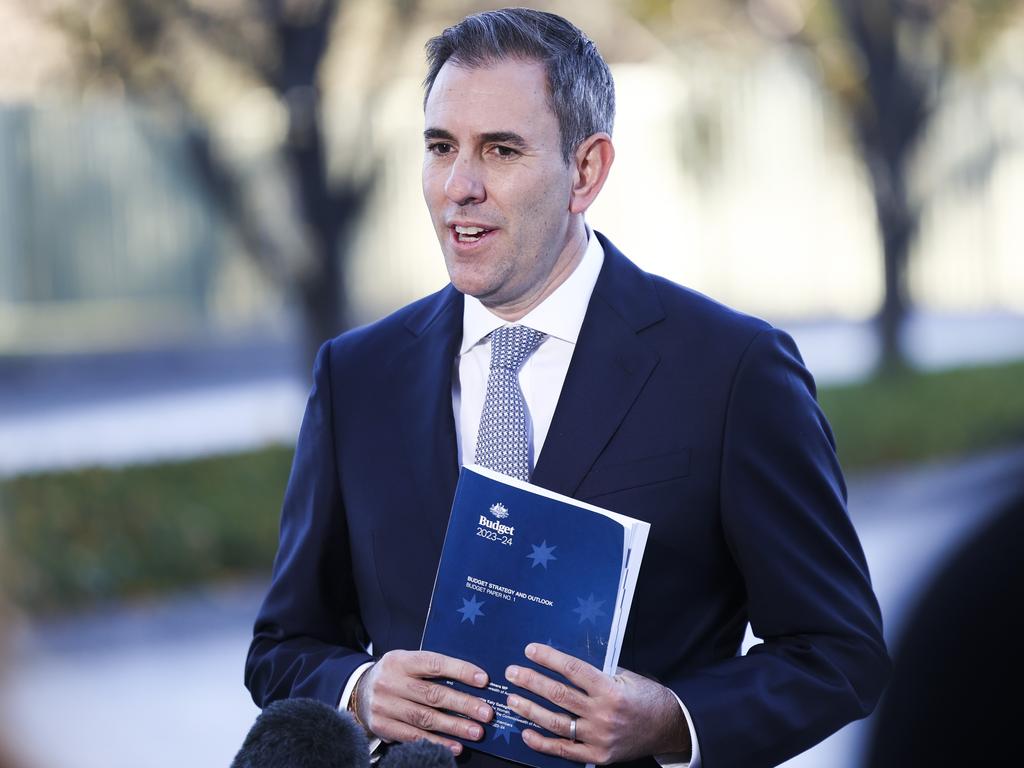

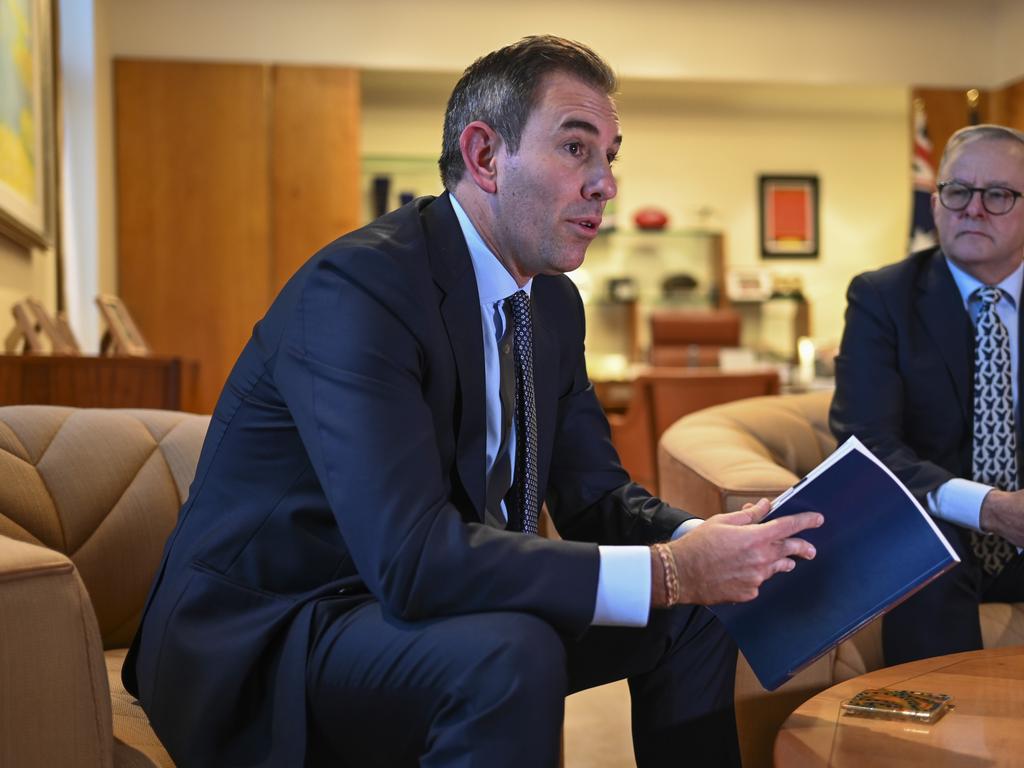
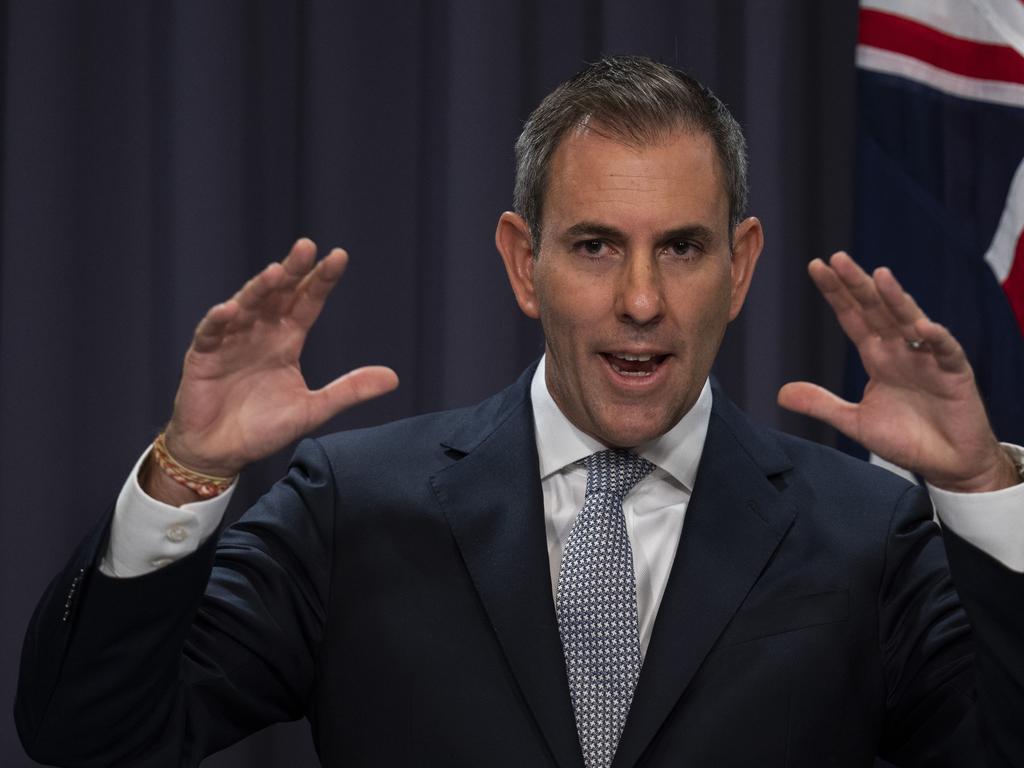


Jim Chalmers has achieved what Josh Frydenberg almost did and Wayne Swan never could.